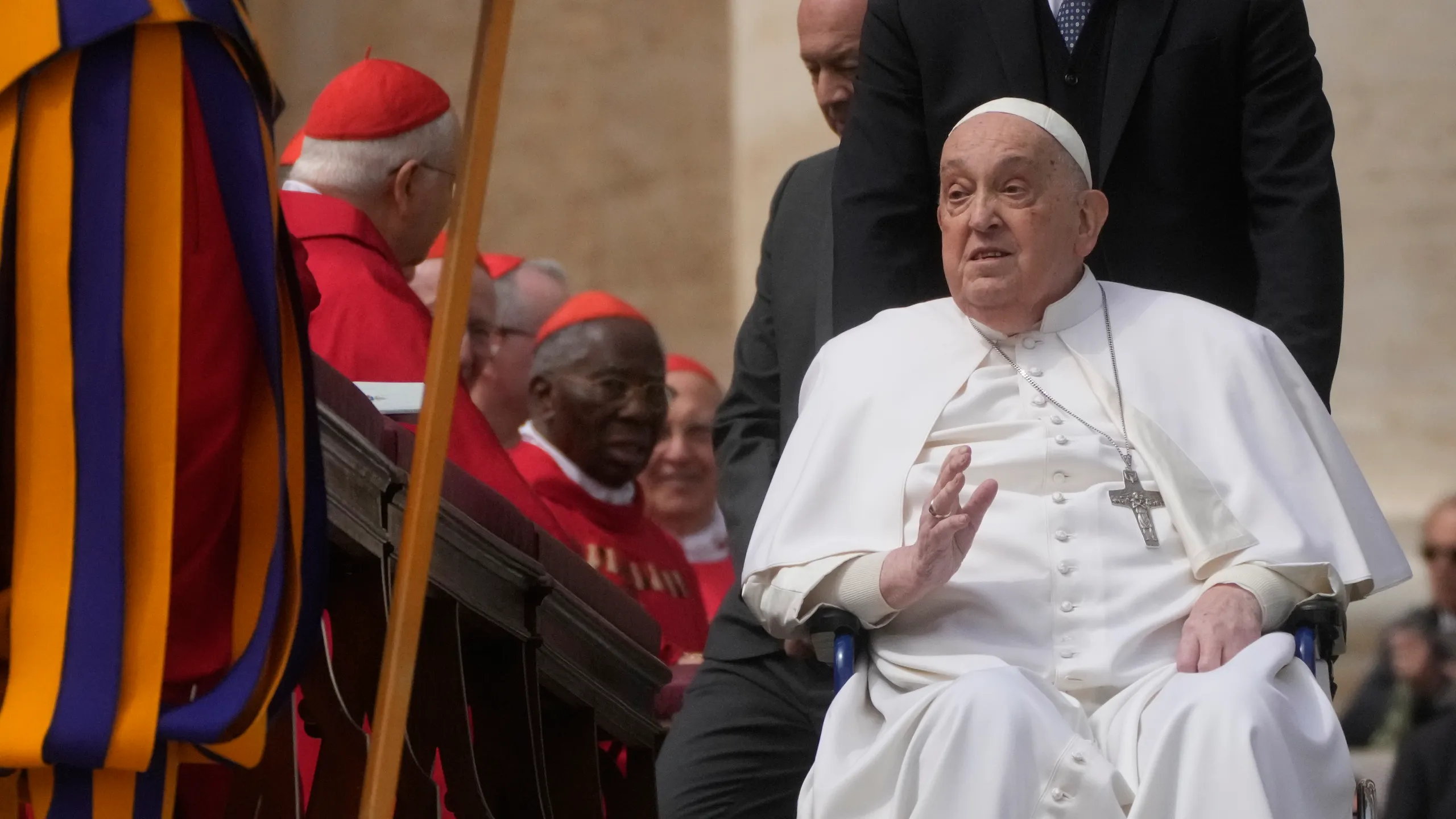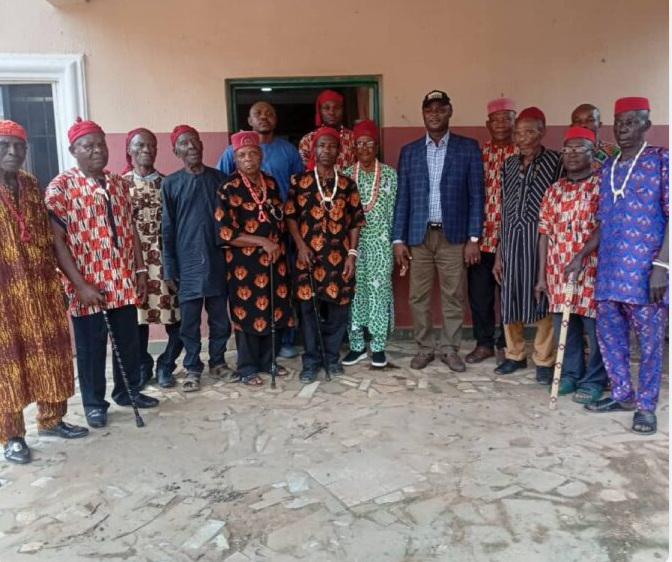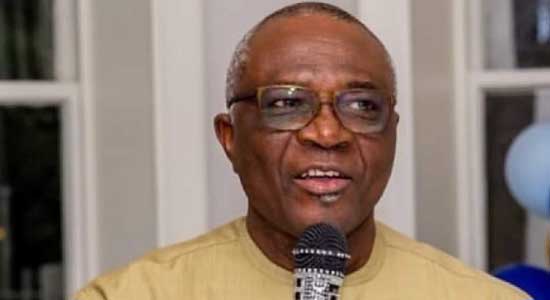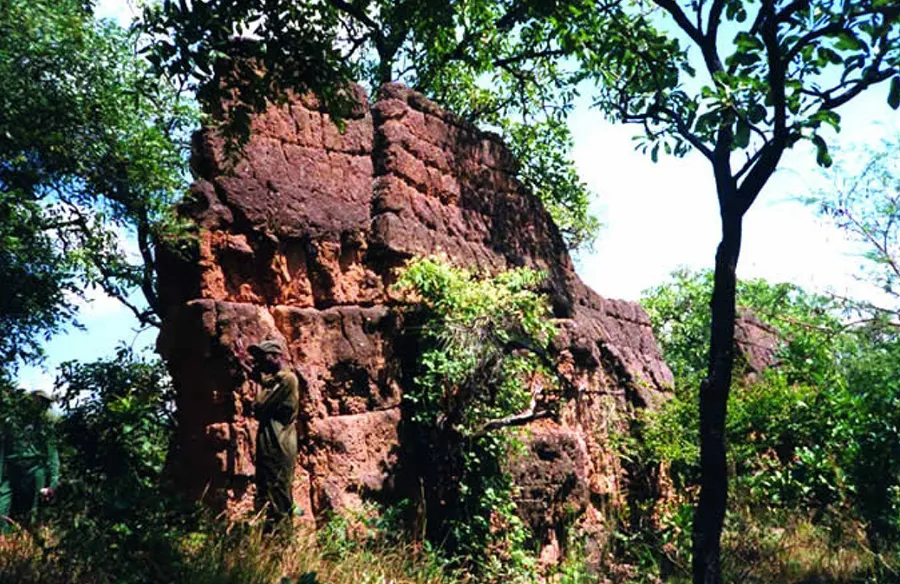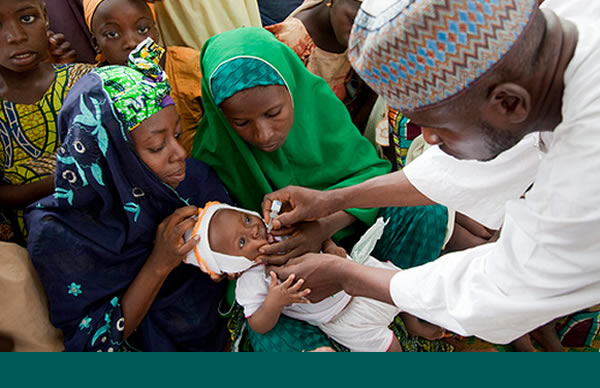By Chijioke Okoronkwo, News Agency of Nigeria (NAN)
On April 21, the Holy See, the central governing body of the Catholic Church and Vatican City State, announced the death of Pope Francis, the 266th pontiff.
The demise of the pontiff followed bouts of respiratory illnesses–pneumonia in both lungs—among other complications; he has been hospitalised intermittently in the past four years.
“Dearest brothers and sisters, with deep sorrow I must announce the death of our Holy Father Francis.
“At 7.35 this morning the Bishop of Rome, Francis, returned to the house of the Father. His entire life was devoted to service to the Lord and His Church.
“He taught us to live the values of the Gospel with fidelity, courage and universal love, especially in favour of the poorest and most marginalised.
“With immense gratitude for his example as a true disciple of the Lord Jesus, we commend the soul of Pope Francis to the infinite merciful love the One and Triune God,’’ Cardinal Kevin Farrell, Camerlengo of the Holy Roman Church, announced.
Pope Francis, aged 88, was born in Buenos Aires, Argentina on Dec. 17, 1936; a son of Italian immigrants.
Originally known as Jorge Mario Bergoglio, he was the first Pope of the Americas and also the first Jesuit Pope.
Pope Francis was ordained a Catholic priest on Dec. 13, 1969 by Archbishop Ramón José Castellano of Córdoba.
On May 20, 1992 Pope John Paul II appointed him titular Bishop of Auca and Auxiliary of Buenos Aires; on May 27, he received episcopal ordination from the Cardinal in the cathedral.
He was elected Supreme Pontiff on March 13, 2013, replacing the retiring Pope Benedict XVI.
The news of the exit of the Catholic pontiff threw Catholics and non-Catholics into mourning as tributes and griefs poured in torrents from around world.
For the benefit of hindsight, Pope Francis wanted a deviation from the traditional papacy and sought to introduce radical reforms in deeply conservative Catholic Church; he had, however, always met a brick wall in Vatican’s bureaucracy, the Roman Curia.
He was a social justice and climate change advocate and promoted interfaith dialogue in his desire to open up the Catholic Church and embrace modernism.
In his 12-year papacy, Francis, against all odds, implemented significant reforms, including overhauling Vatican finances, updating liturgical books, and simplifying papal funeral rites.
The deceased pontiff had a more accommodating tone towards the LGBTQ+ community and upbraided laws that criminilaised homosexuality; he was also an advocate for migrants and refugees.
Francis had been participating in public events from a wheelchair due to a severe knee condition and had to cancel many regular prayers, audiences and services in recent months.
In his last public appearance, Francis appeared briefly on the balcony in front of thousands gathered in St. Peter’s Square on Sunday to deliver an Easter blessing.
In spite of his ill health, the pope completed a 12-day trip to Asia and the Pacific in the first half of September and a visit to Luxembourg and Belgium later the same month.
In Nigeria, President Bola joined world leaders in pouring in encomiums for the late pontiff.
Tinubu personally penned a passionate tribute.
The president described Francis as a humble servant of God, tireless champion of the poor and guiding light for millions.
The president said the passing of the pontiff, coming just after the celebration of Christ’s Resurrection, was a sacred return to his Maker at a time of renewed hope for Christians.
“His Holiness served the Church and the Master of the Church until the end; in 2013, he stepped onto the global stage with a message of mercy, urging us to see the face of Christ in the marginalised, the refugees, the migrants, and the forgotten.
“He challenged the powerful to act with justice, called nations to welcome the stranger, and reminded us that our common home – this Earth – is a gift we must protect for future generations.
“He was an instrument of peace who deeply embodied the message of Christ: love for God and love for humanity. In a time of division, he built bridges between faiths and the rich and the poor.”
He said the late Pope was a steadfast advocate for the developing world, where he consistently spoke against economic injustice and ceaselessly prayed for peace and stability in troubled regions.
“His encyclicals were not only doctrinal and seminal but also timely and relevant; through his pastoral letters, the Pope offered spiritual clarity and hope in an increasingly complex world.
“He charted a path of renewal for all humanity through his words and deeds,” Tinubu said.
U.S President, Donald Trump in his message wrote, “Rest in Peace Francis! May God Bless him and all who loved him! “
UK Prime Minister, Keir Starmer, said that Pope’ leadership in a complex and challenging time for the world and the church was courageous, yet always came from a place of deep humility.
He said Francis was a pope for the poor, the downtrodden and the forgotten.
“He was close to the realities of human fragility, meeting Christians around the world facing war, famine, persecution and poverty; yet he never lost hope of a better world.
“That hope was as the heart of his papacy. His determination to visibly live out his faith inspired people across the world to see afresh the church’s teachings of mercy and charity.
“With his death, we are reminded once more of his call to care for one another across different faiths, backgrounds, nations and beliefs.
“My thoughts are with Catholics across the world, and the Roman Catholic Church,’’ he said.
On his part, French President, Emmanuel Macron, paid an avid tribute for Francis.
“From Buenos Aires to Rome, Francis wanted the Church to bring joy and hope to the poorest; to unite people with one another and with nature; may this hope be reborn endlessly beyond him.
“To all Catholics, to a grieving world, my wife and I send our thoughts,’’ he said.
Sharing an episcopal sentiment, the Catholic Archbishop of Abuja, Ignatius Kaigama, described the passing of Francis on Easter Monday as the fall of “a mighty Iroko”.
He said it was a loss that resonated across the world.
Kaigama reflected on the Pope’s profound spiritual and pastoral legacy.
“He showed us the face of Jesus Christ, the face of mercy, the face of love.
“A great man, very great, in our local parlance, I will say a mighty Iroko has fallen; it shakes the whole world; the whole world is mourning,
“Christians and non-Christians and for all of us, it is a passing away of a great one; his legacies are many, uncountable.
“He traveled through the whole world, pronouncing and showing love and mercy; he was a very humane Pope and very attentive to the needs of the ordinary person.
“And so, he will be remembered for this; like Jesus Christ, he touched those who are sick; he identified with the prisoners, those who are dismissed by the society.
“So, he was a very humane Pope and very attentive to the needs of the ordinary person.’’
Kaigama urged Catholic faithful in Abuja and Nigeria to pray for the eternal repose of Pope Francis, emphasising the need for unity and hope as the Church entered a period of transition.
He also spoke on his expectations for a new Pope.
We want a good pope, a holy pope, a pope that is there for the people; wherever he comes from and whoever he is does not matter.
“We just pray that God will give us a good pope, a holy pope, a pope that will lead the flock unto salvation.”
According to him, during this interregnum, the Vatican’s Camerlengo oversees daily affairs, but no major decisions are made until a new pope is elected.
“A carmelengo, a chamberlain, oversees the activities of Catholic Church for now; his task is to oversee the practical running of the Vatican for now.
“But as for the church, no major decisions are taken; we just wait; when the cardinals assemble and a new pope is elected, then the life continues.
“So, we can say we are on hold for now; but the church still keeps moving,’’ he said.
Kaigama called on the faithful to intensify their prayers, trusting the Holy Spirit to guide the Church through the challenging moment.
The pontiff, had in 2015, declared his desire to be buried in the Basilica of Santa Maria Maggiore, a fifth-century church in Rome dedicated to the Blessed Virgin Mary.
As the Conclave (the assembly of cardinals for the election of a pope) convenes within 15 to 20 days after the death of Francis, the world waits and watches in awe for the emergence of a new Pope.(NANFeatures)

